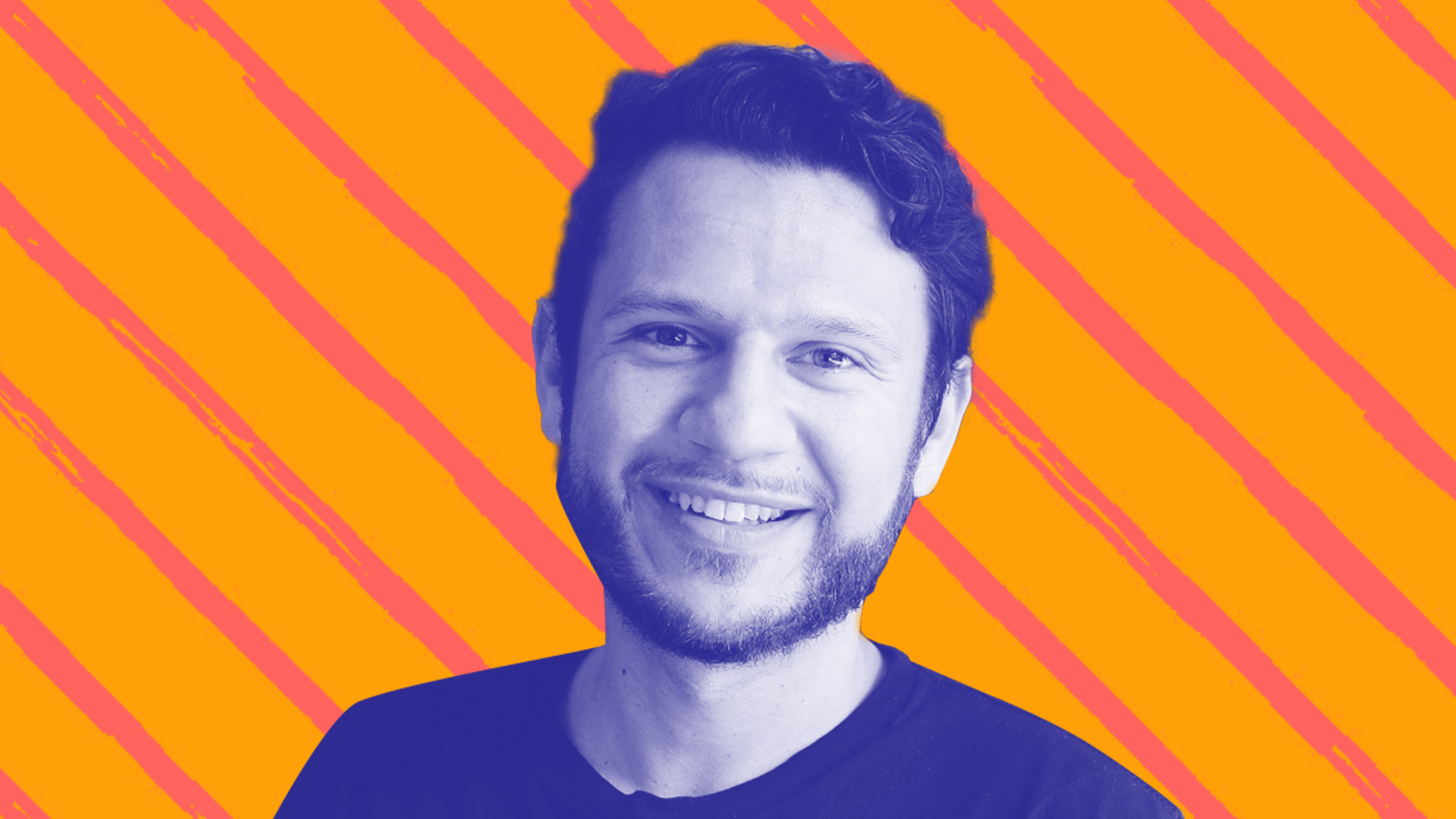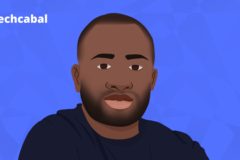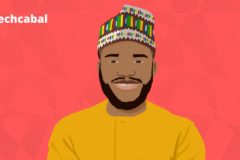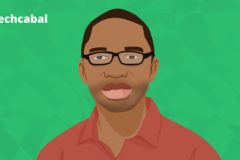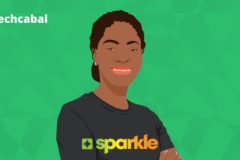My Life In Tech is putting human faces to some of the innovative startups, investments and policy formations driving the technology sector across Africa.
Consider this an abridged Masterclass on product development. Selman Kaldiroglu, having previously worked in product teams at Facebook and Instagram is now leading products at Pariti, a new company making top business talent accessible to startups in the continent among other things. This is his life in tech.
A startup is a never-ending list of hypotheses and experiments, says Selman Kaldiroglu, and so it is with product development.
Kaldiroglu leads the product team at Pariti, a new company helping startups connect with the best freelance talent and investors to match their business or funding needs.
In many ways, Kaldiroglu’s interests in technology as a means to level access to opportunities for people across the globe, fits Pariti’s business model which is trying to solve an accessibility problem for startups in Africa seeking top business talent and access to capital.
Born in Istanbul to a “quite modest family”, Kaldiroglu grew up with an inner frustration of the asymmetry of opportunities and the hierarchical structure of the world. Technology seemed like a tool that had the potential to bridge that gap. When it came time for school, instead of a degree in Computer Science, he went in for a degree in Theoretical Economics and Mathematics fuelled by an exposure to the liberal arts and picking interest in studying human behaviour. He kicked off his career in consulting and after three years, pivoted into the technology industry.
For someone who wasn’t very passionate about social media, Kaldiroglu spent a cumulative four years at Facebook and Instagram where he spent time doing a lot of customer analytics, product ideation, launch and quality assurance, research and development among others.
“The opportunity at Facebook and Instagram really was a skill building experience for me,” he tells TechCabal.
Returning to work in emerging markets had always been in the cards and so while at Facebook, he started to join events the company hosted or took part in in emerging markets taking the time to network and gain some insight into the activities that were going on in ecosystems like Lagos and Kigali.
“I was very excited seeing how much energy and appetite there was for change and innovation,” he says.
It was in the course of extensively speaking to and connecting with sector stakeholders in nonprofits and corporates and startups that he met the co-founders of Pariti. It piqued his interest.
“This idea of building the future of work, of building a platform that will enable and accelerate the continent, and emerging continents in general, by reducing the friction of getting access to funding and getting access to talent literally hit the nail on the spot,” he says.
As Pariti’s Head of Product, Kaldiroglu’s role straddles two key areas: 1) how to productise a service so that the company can offer it on a much wider scale and 2) if it is scalable, to decide what the product looks like. A web or mobile application? A combination of both?
“It’s starting from scratch and understanding the needs we are solving, speaking to a lot of people, converting those into insights that determine what we want to build and how to build it.”
Kaldiroglu’s approach to product development is much like a scientists’.It is a lot of experimenting, quick enough that they can provide answers that determine speedily if a study moves forward or not yet thorough to provide critical answers that inform that decision.
“At the end of the day, it’s like a puzzle, like you’re in a jungle and there are a lot of different directions you can go in,” he says, “The sooner you can experiment and find answers the quicker you can get out.”
It is for this reason that he says one of the most important factors to consider when building a products team is the diversity of experiences and skill sets that each individual brings to the table, the ability to come at an idea from many different lenses and contexts.
“Something I love about the freelancing world is that you can work with people who have very very different skill sets to conduct very different experiments. I do value the diversity that exists and try to make use of that,” says Kaldiroglu.
The other equally important aspect of building teams that experiment and innovate quickly is the way teams are structured and what cultures are celebrated or enforced. He advises keeping things flat.
“Everyone needs to feel like they are a partner and a peer and not in a strict hierarchy. Because people need to be pushing back, people need to be asking a lot of questions others may be afraid to ask.”
If there’s something he wants startups to be wary of , it is building products for output sake.
I’ve seen a lot of products that the core question of why they are built hasn’t been answered.
At a time where there are a number of tools in place to quickly build a most viable product with the least amount of resources, for him, it is important to not spend a lot of time building out products for every idea one has fully and then shelving them if they do not work.
“That’s certainly one thing I’d push more products people towards, it’s to not come up with ideas of what to build but to actually break down ideas of what not to build and to know when you don’t need to build to be able to test something. “
For new entrants into the space, his advice is simple: there is not one way to be a product developer.
“Some people are super unstructured but read people and speak with people really well and that’s how they extract information and turn it into a product vision, whereas some people are extremely analytical and are able to break down complex problems into tiny little pieces and form a data driven opinion,” he explains.
So paths don’t matter as much as it does to be a scientist, able to experiment fast and innovate faster. It is something he’s also learned from his own mentors.
As someone who has learnt to focus on the journey and not the destination, Kaldiroglu says he is excited to see where Pariti goes in the near future but also where this product journey takes him.
“Life is not really an outcome it’s more of a process.”







